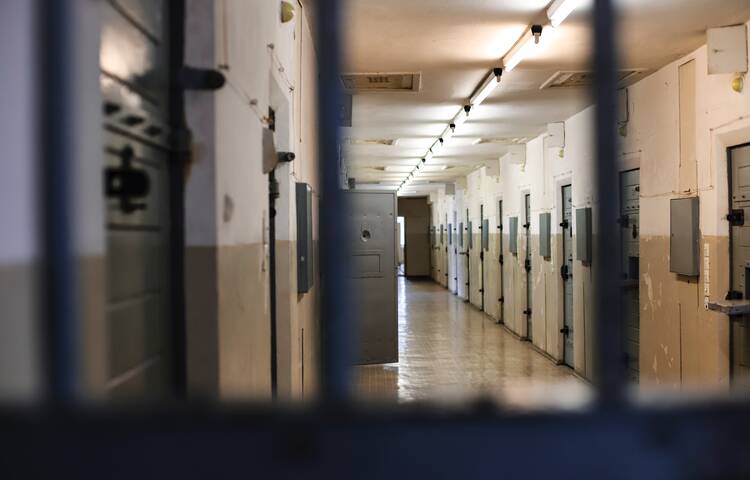LOS ANGELES (AP) — A Los Angeles nun and school principal who stole more than $800,000 to pay for a gambling habit was sentenced Monday to a year in federal prison.
Mary Margaret Kreuper, 80, admitted to stealing the money from 2008 to 2018 while she was principal at St. James Catholic School in the LA suburb of Torrance.
She pleaded guilty last July to one count each of wire fraud and money laundering.
“I have sinned, I’ve broken the law and I have no excuses. My actions were in violation of my vows, my commandments, the law and, above all, the sacred trust that so many had placed in me.”
U.S. District Court Judge Otis D. Wright II also ordered Kreuper to pay back the school approximately $835,000 as restitution, the Long Beach Press-Telegram reported.
“I have sinned, I’ve broken the law and I have no excuses,” Kreuper said via teleconference. “My actions were in violation of my vows, my commandments, the law and, above all, the sacred trust that so many had placed in me. I was wrong and I’m profoundly sorry for the pain and suffering I’ve caused so many people.”
Prosecutors said that in a plea agreement that the now-retired elementary school principal acknowledged that she embezzled donations, tuition and fees.
In her plea agreement, Kreuper acknowledged diverting money to pay for personal expenses that included credit card charges and “large gambling expenses incurred at casinos,” the U.S. attorney’s office said.








